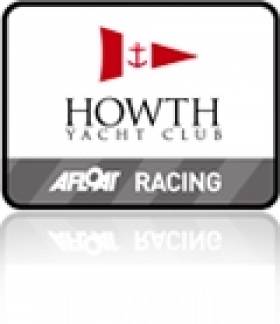Displaying items by tag: SB20s
Howth Yacht Club Launches Sportsboat Cup for 1720s, SB20s, Quarter Tonners, RS Elites, Dragons & J Boat Classes
#hyc – A Sportsboat Cup for Irish keelboat classes to be held around Midsummers day and tailored especially for 1720s, SB20s, Quarter Tonners, J24s, RS Elites, Dragons, J80s and J70s, is to be staged for the first time at Howth Yacht Club in north Dublin from 20th - 22nd June 2014.
At this multiclass event each of the sportsboat classes will be given their own start, results and prizes.
The event will incorporate the 1720 European championships as part of the event and there is an expectation of visiting UK and continental crews too.
Racing will be one design with the exception of the quarter tonners and mixed class who will race under IRC. Class rules will apply where applicable.
HYC says any other sportsboat type that has an IRC cert will also be accommodated in a mixed sportsboat fleet.
Howth is using the event to champion its sailing facilities both on the water and ashore at the 'bustling fishing village' venue that is also close to Dublin airport.
The largest club in the country has two cranes, a 300–berth marina, sizeable hardstanding, a large club house with bar, terrace and dining facilities not to mention secure changing and showering facilities
HYC is ideally placed to host this Sportsboat Cup. Car parking, craning, berthing and trailer storage are all included in the entry fee and racing will be organised by top National and International Race Officers.
With no racing starting before 12 each day there will be ample time to freshen up in the morning after the great social that is planned for each evening.
Online Entry available by clicking the HYC advert at the top of the Afloat homepage.





























































